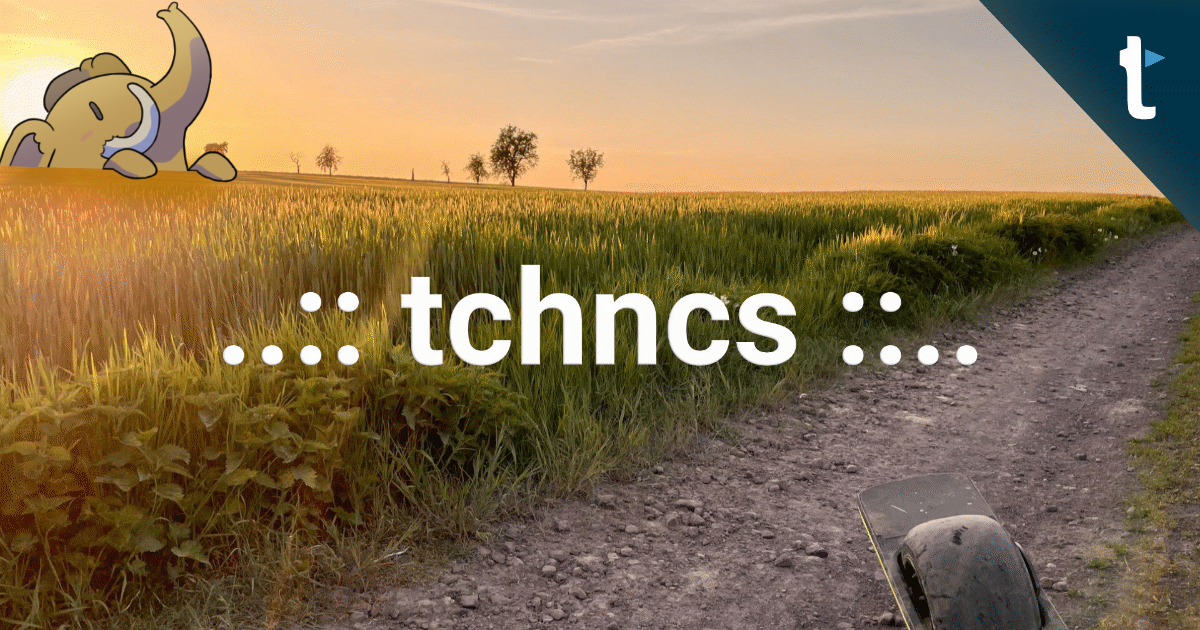Below, you will find various links related to theory, harmony and counterpoint, and a comparison of older and modern methods of teaching and singing. While this relates to choirs and opera, it also relates to the theatre, particularly operettas and such.
Studying Music: Part I
https://dandylover1.dreamwidth.org/205086.html
My one criterion was that the methods and books used had to be from the time of Ivor Novello, preferably from his youth (born 1893). If I were to start in the early nineteenth century, which is where most of my preferred non-musical educational material is from, I would miss extremely important developments in classical music. Starting at the birth of his mother, Clara Novello Davies, in 1861, would be fine. However, since her own book, which I am using as my main text and guide, was written in 1928, I went with that of her son. In the following sections, you will find the books I am using. One thing I have not included, though it was a huge influence in Ivor's own writing style, was theatrical music, such as that found in operettas and Edwardian musical comedies. That is such a large topic for discussion that I feel it deserves its own separate post, as does Ivor's music, since it's an interesting blend of all of the above. But this is well outside the scope of traditional musical study.
In the next entry (the below link), we will delve into vocal training and why the singers of Novello's time sound so wonderful.
Studying Music: Part II
https://dandylover1.dreamwidth.org/205505.html
Finally, since I mentioned the exercises, here they are, for anyone who wants to try them. Note that these are the Preliminaries and Breathlock Physicals, not the vocal exercises. But I have provided the link to her book as well, for those who may wish to go further.
Clara's Exercises
https://dandylover1.dreamwidth.org/205596.html
#books #choir #ClaraNovelloDavies #counterpoint #exercises #harmony #history #IvorNovello #music #musictheory #opera #operetta #singing #studying #vocaltraining #voicetraining #theater #theatre

